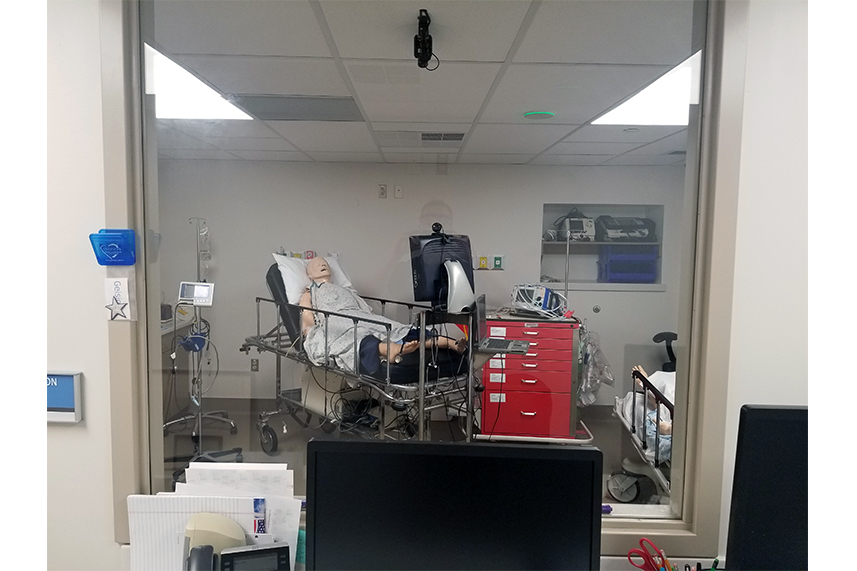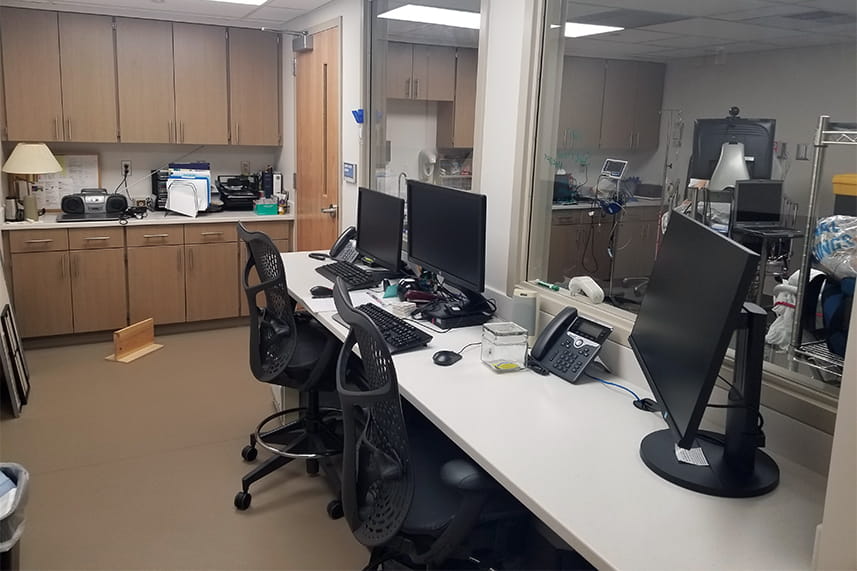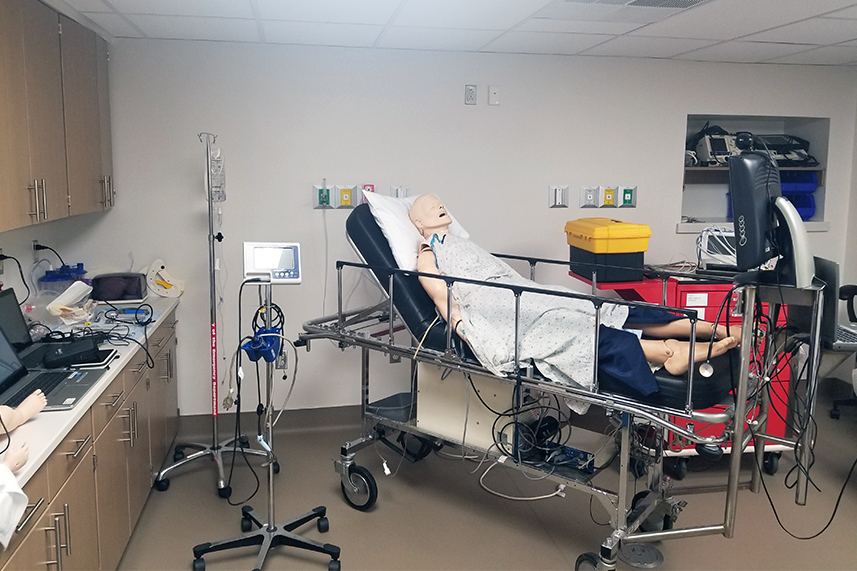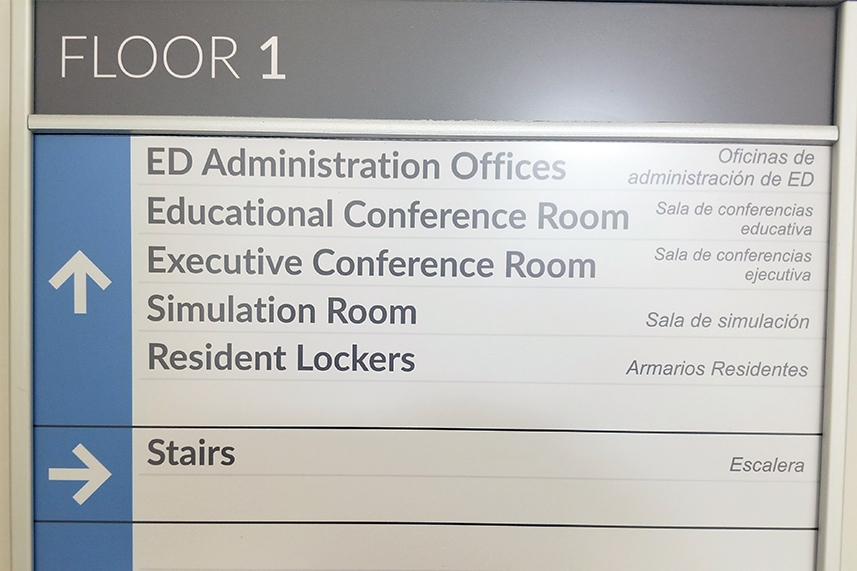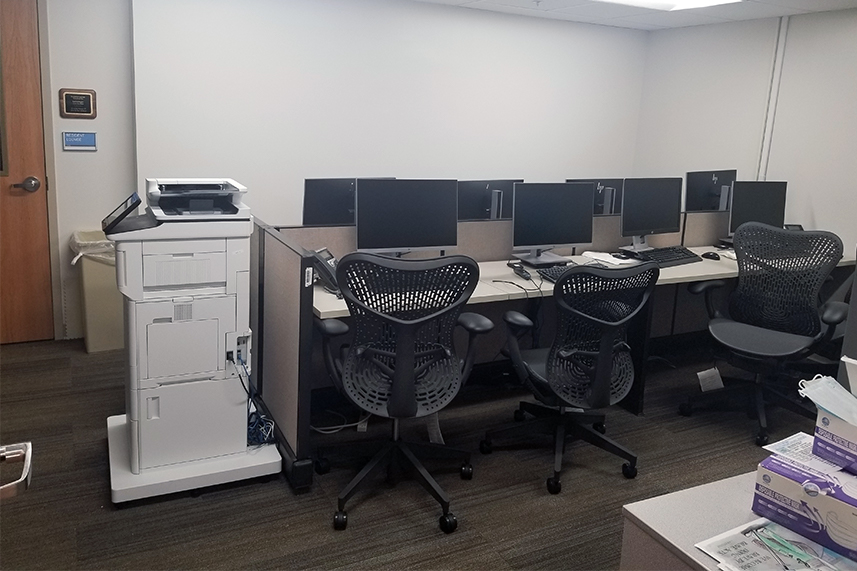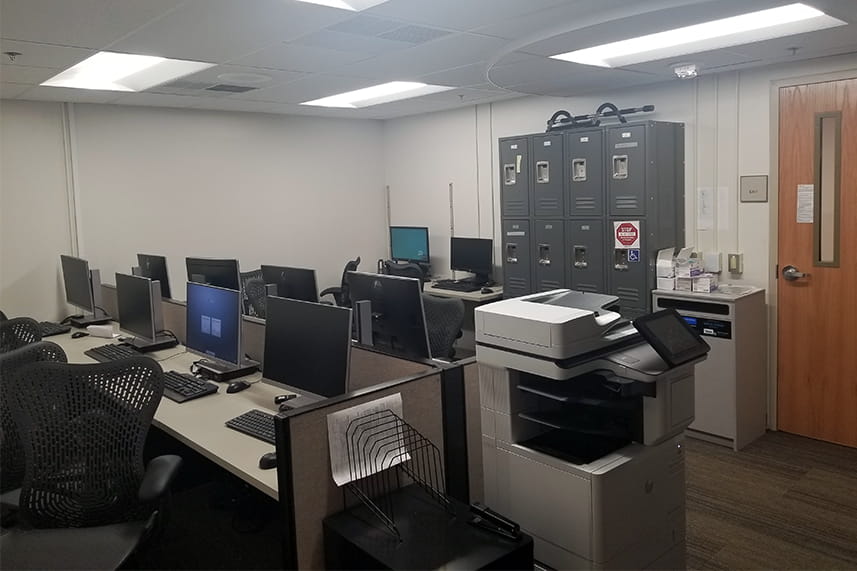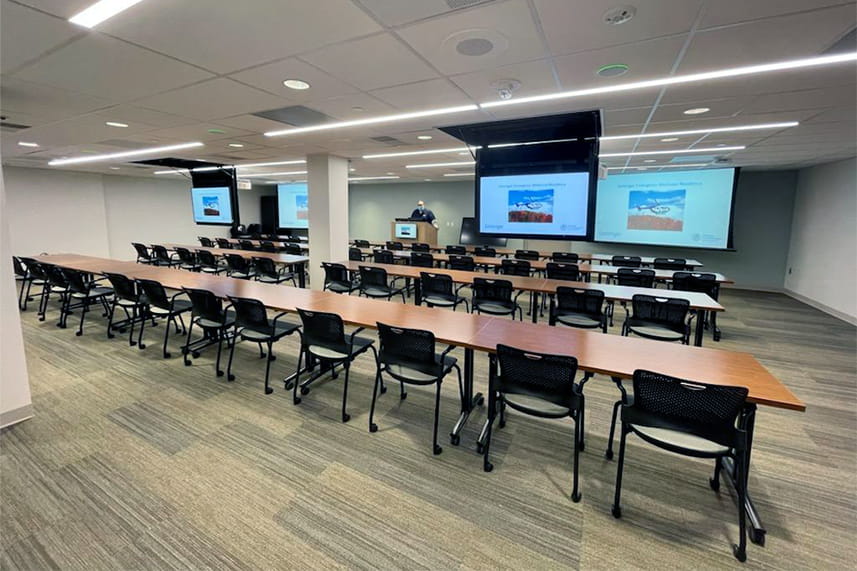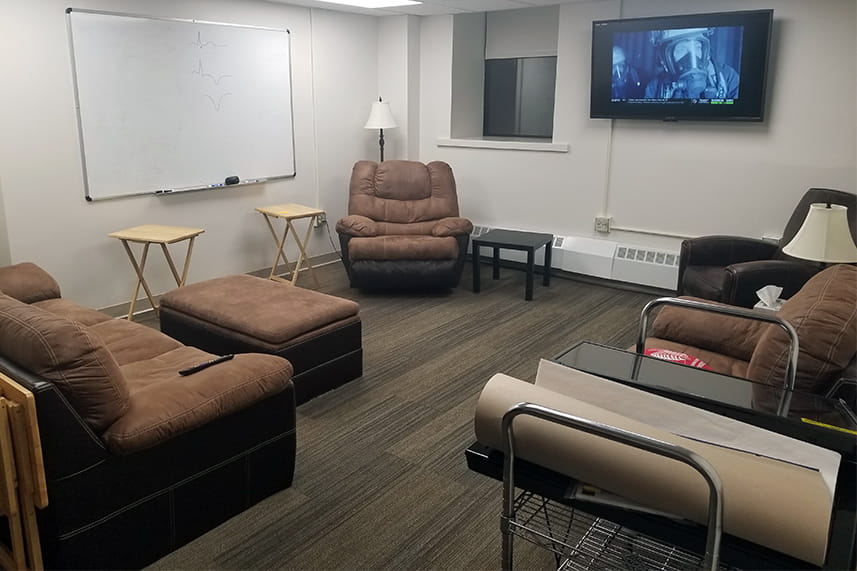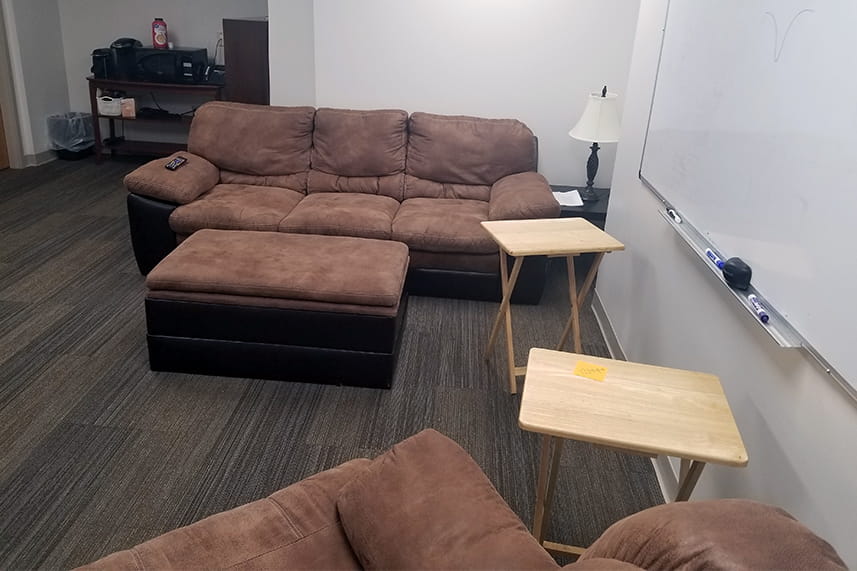Program overview
Research, scholarship, innovation
Research, scholarship and innovation are at the core of what we do at Geisinger Emergency Medicine. Since our founding in 1976 (the 11th-oldest program among emergency medicine residencies), we have a history and legacy of leadership and a unique approach to research, scholarship and innovation. We strive to develop, disseminate and implement best evidence in the care of patients in the emergency department and to improve the health of the communities we serve.
The resident experience: Research and scholarly activity
Emergency medicine residents like you need the tools to engage in evidence-based best practices — equipping you with them is our goal. Here, you can explore your unique interests in emergency medicine and ignite a passion for lifelong learning and self-improvement.
We use “Boyer’s four models” (discovery, integration, application and teaching) as a framework to foster, encourage and support a range of resident and faculty research and scholarship. You’ll participate in research and receive encouragement, support and mentorship through Boyer’s models to pursue personal interests and develop into a leader in the specialty while exceeding Accreditation Council for Graduate Medical Education (ACGME) requirements for resident and faculty scholarship.
Through a focused curriculum, monthly journal club, an active Departmental Research Committee and faculty mentors with a range of expertise and interest, you’ll be immersed in an environment of discovery, learning, teaching and application in a longitudinal experience across the three-year residency. You can also participate in a research elective. At Geisinger, you’ll acquire a foundation in research methodology, become adept at evidence application and dissemination, and build expertise in the critical appraisal of literature to help you become and remain a board-certified emergency physician.
Current studies and projects
At Geisinger, we participate in EM-led and multidisciplinary studies across a broad range of topics. We also participate in several multi-center studies and clinical trials as part of the National Institutes of Health (NIH) funded Strategies to Innovate Emergency Care Clinical Trials Network (SIREN) of emergency departments across the U.S.
Additionally, residents like you and our faculty help shape the future of research and scholarship in the emergency medicine specialty, serving in leadership positions in emergency medicine, including in Emergency Medicine Residents’ Association (EMRA), Pennsylvania College of Emergency Physicians (PACEP), American College of Osteopathic Emergency Physicians (ACOEP), National Association of EMS Physicians (NAEMSP), Emergency Medicine Foundation (EMF) and American College of Emergency Physicians (ACEP).
Publications and presentations
Our residents and faculty have given award-winning presentations at regional, national and international meetings and have published in prestigious peer-reviewed journals, including JAMA, Lancet, Academic Medicine, Annals of Emergency Medicine, Academic Emergency Medicine, Journal of the American College of Emergency Physicians-Open, Western Journal of Emergency Medicine, Prehospital Emergency Care and other publications such as EM Resident.
Each year, we host the “Royer Scholarly Showcase,” named for Thomas Royer, MD, the founding director of Emergency Medicine at Geisinger. During this event, we celebrate accomplishments in research, scholarship and innovation and honor our heritage as a first-generation EM residency. You’ll also have the opportunity to participate in the annual Geisinger Resident and Fellow Research Day and a variety of other institutional research and quality-improvement initiatives and forums.
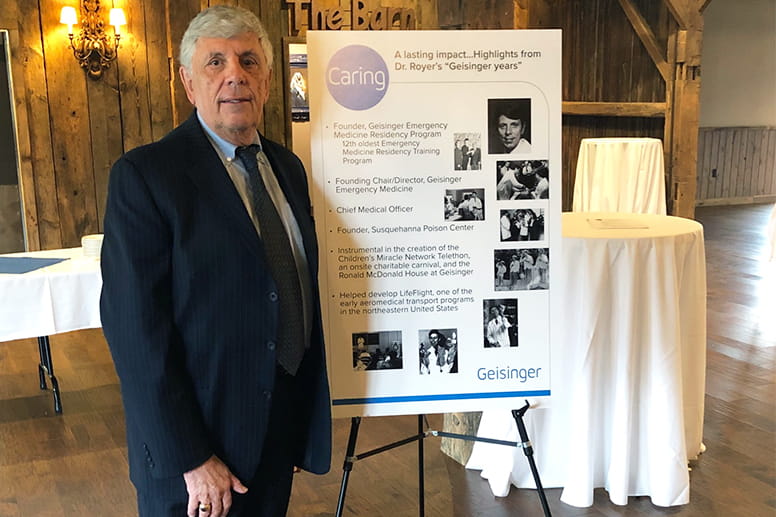
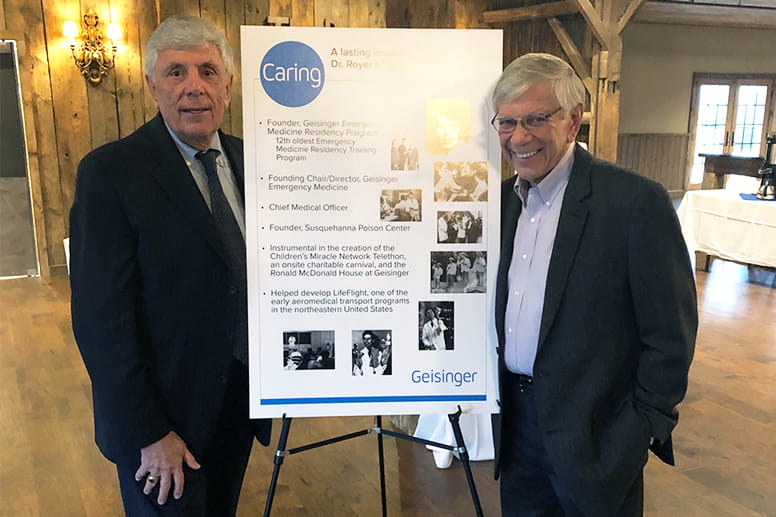
Faculty interests and expertise
Our faculty and staff have interest and expertise in broad topic areas, including:
- EMS/aeromedical transportation/out-of-hospital
- Resuscitation and critical care
- Operations and quality improvement
- Medical education
- Ultrasound
- Clinical ethics
- Clinical informatics
- Behavioral health and substance use
- Care coordination and population health
In addition to the topics listed above, we encourage and support interdisciplinary research and scholarship in other areas of interest related to emergency care.
Faculty also mentor medical students from Geisinger Commonwealth School of Medicine through longitudinal and summer opportunities and students from other medical schools and several area colleges and universities. At the same time, multiple faculty serve as reviewers and editorial board members for indexed, scientific journals. Several of our faculty have even received grant funding to support their research.
Institutional support and resources
As one of the largest integrated health systems in the United States, Geisinger is a learning institution where input from expert sources results in the best decisions possible. At Geisinger, strong research leadership, robust resources and innovative programs bring together the brightest minds with the best data to forge new frontiers in clinical care and population health. The Department of Emergency Medicine is an integral part of this larger institutional enterprise.

